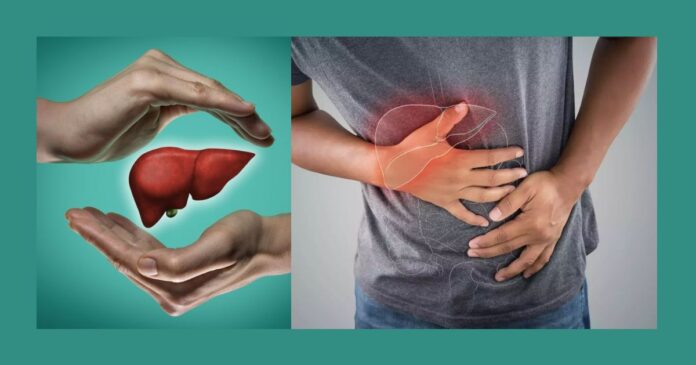The liver is a vital organ in the human body with numerous essential functions. Among the primary functions of the liver are:
1. Metabolism of Nutrients:
Carbohydrate Metabolism: The liver helps regulate blood glucose levels by storing excess glucose as glycogen and releasing it when needed. It also converts certain amino acids and other substances into glucose through a process called gluconeogenesis.
Fat Metabolism: The liver processes dietary fats and synthesizes lipoproteins for the transport of fats in the bloodstream. It also helps break down fats for energy production.
2. Detoxification:
The liver plays a crucial role in detoxifying the body by metabolizing and neutralizing toxins, drugs, and alcohol. It converts many harmful substances into less toxic or water-soluble forms, allowing them to be excreted from the body.
3. Protein Synthesis:
The liver is involved in the synthesis of various proteins, including blood clotting factors (e.g., fibrinogen and prothrombin), albumin (which helps maintain blood volume and transport substances in the bloodstream), and certain enzymes and hormones.
4. Bile Production:
The liver manufactures bile, a greenish-yellow fluid stored in the gallbladder and subsequently discharged into the small intestine to facilitate the digestion and absorption of fats. Bile also helps eliminate waste products, including bilirubin, from the body.
5. Storage of Nutrients:
The liver stores important nutrients, such as glycogen (for short-term energy storage), vitamins (particularly vitamin B12 and vitamin A), and minerals (such as iron and copper).
6. Blood Regulation:
The liver helps regulate blood composition by filtering and processing blood as it flows through the hepatic portal system. It removes excess nutrients, toxins, and waste products, ensuring that only properly balanced blood enters the general circulation.
7. Immune Function:
The liver contains immune cells (Kupffer cells) that help defend the body against infections and pathogens by phagocytosing (engulfing) foreign particles.
8. Metabolism of Drugs and Hormones:
The liver metabolizes drugs, hormones, and other substances in the bloodstream, which can affect their effectiveness and duration of action.
9. Storage of Blood:
The liver can store a significant amount of blood, which can be released into the bloodstream during times of need, such as in cases of hemorrhage or dehydration.
10. Production of Clotting Factors:
The liver is responsible for synthesizing several important blood clotting factors. Without these factors, the blood would not clot properly, leading to bleeding disorders.
These functions collectively make the liver one of the body’s most vital organs, and its proper functioning is crucial for maintaining overall health and homeostasis. Damage or disease affecting the liver can have serious health implications and may lead to various disorders, including cirrhosis, hepatitis, and liver cancer.
also read :
what is the healthiest rice to eat everyday ?
what are the main symptoms of dyslexia ?
The Incredible Health Benefits of Regular Ginger Consumption
